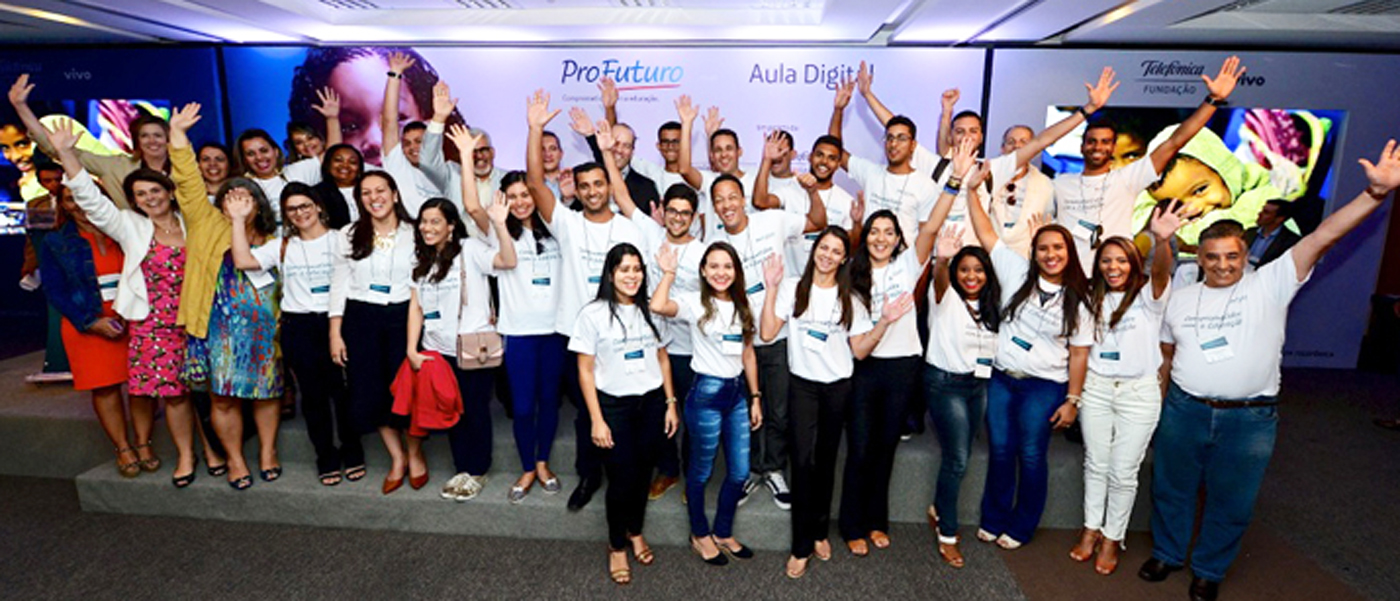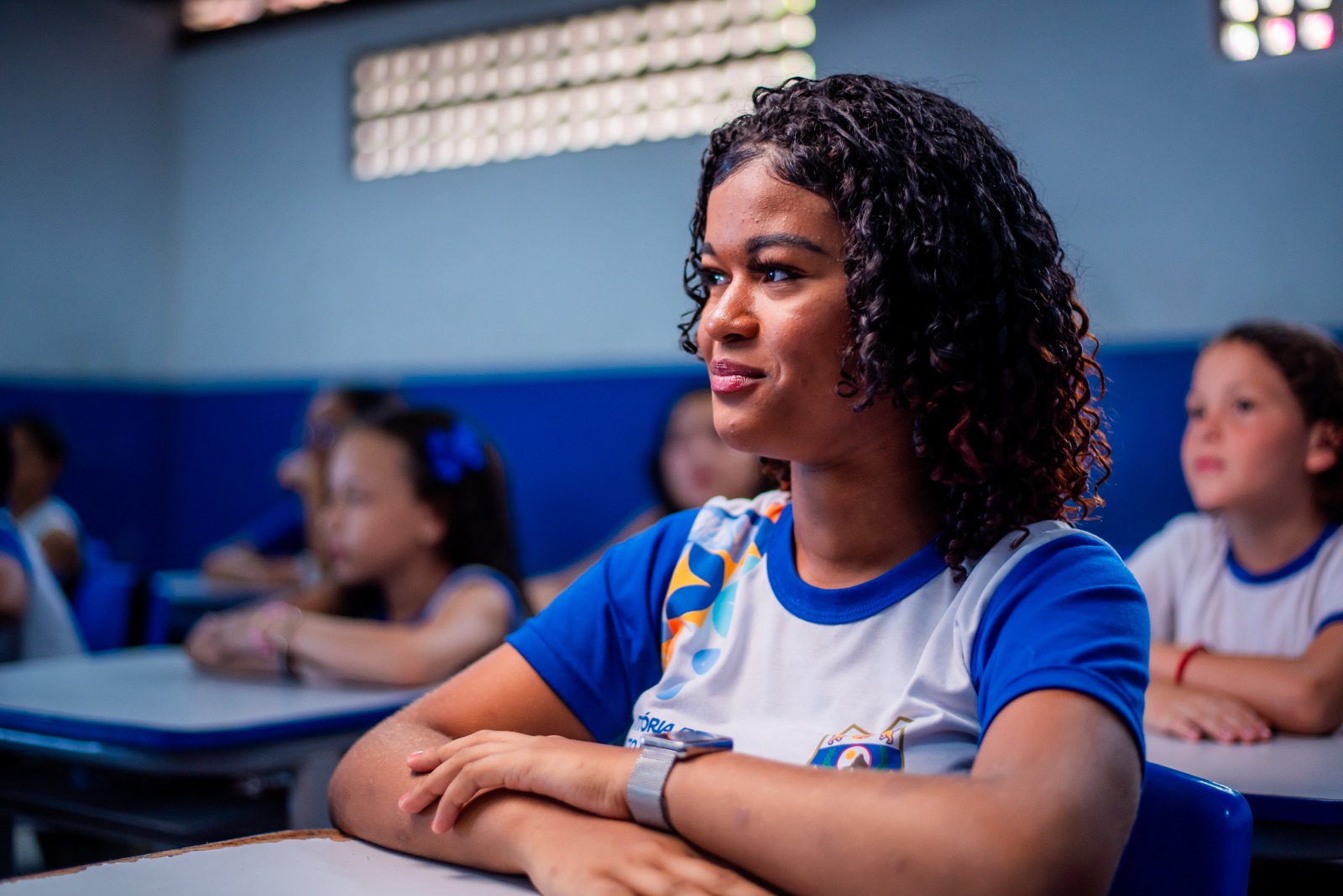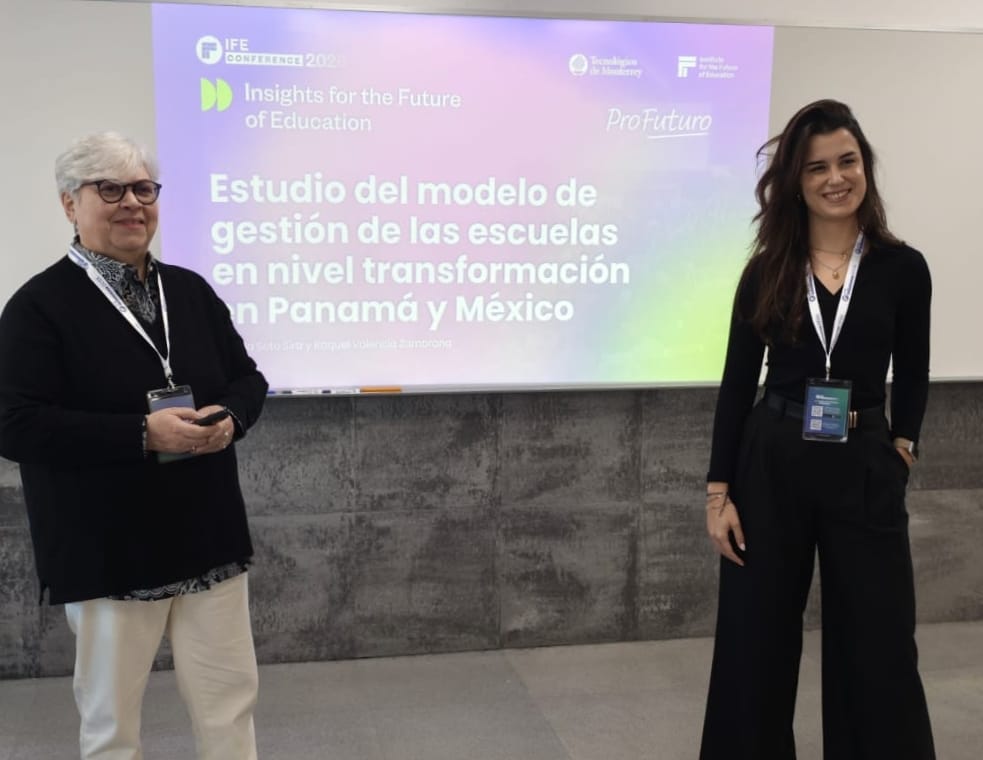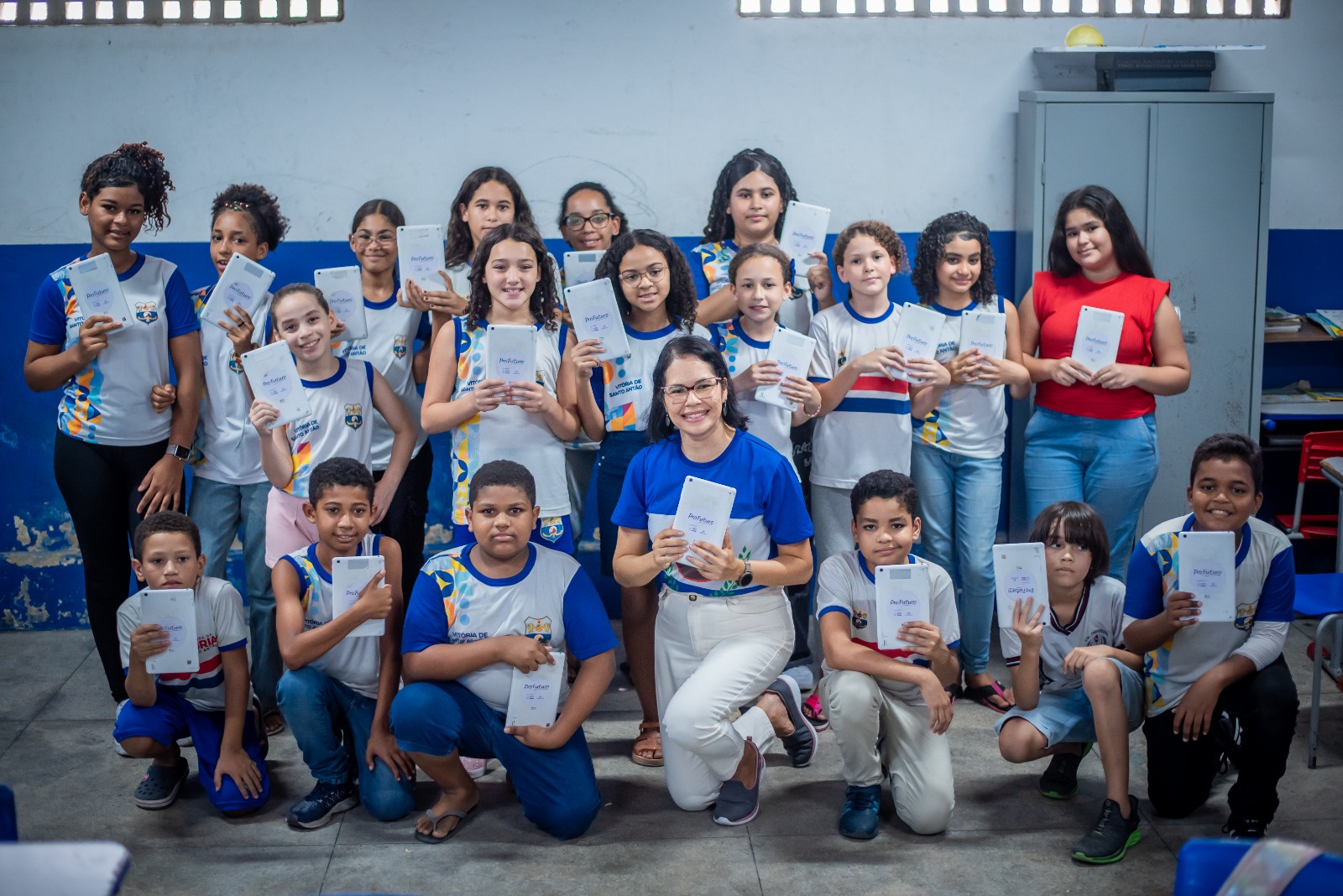In partnership with the state government, the Telefónica Vivo Foundation offers teacher training, educational content, assistance in schools and technological equipment.
Brazil’s smallest state in terms of territorial area is to receive reinforcement that will expand its educational frontiers. The Digital Classroom project, an initiative of the Telefónica Foundation together with the La Caixa Bank Foundation, of Spain, has arrived in Sergipe and will transform the teaching and learning dynamic in 28 cities through a partnership with the state government in the form of a collaboration with the municipalities, represented by the State Secretary for Education (SEED).
In total, 310 schools, 775 teaching staff from the state and municipal teacher networks and 18,500 students are set to benefit from the project, which will promote more innovative education in vulnerable regions with an approach based on four essential pillars: teacher training, digital educational content, technological equipment and assistance in schools.
In order to sign the cooperation agreement for the project and make the partnership official, the CEO of the Telefónica Vivo Foundation, Americo Mattar, the current governor of Sergipe, Belivaldo Chagas Silva, and the Secretary of State for Education, Jorge Carvalho, were present at an event held in Aracaju on the 12th of July. Mayors and municipal education secretaries also participated in the event, in addition to school directors, partners and guests.
“Today we are starting a new phase in education here in Sergipe. We want to create an innovative educational system, together with the Education Department, which will transform the quality of education and incentivise our children’s development,” stated Americo Mattar on the opening of the event.
According to the secretary, Jorge Carvalho, the project has come at a good time to reinforce the efforts his Department is already making. “We have been fighting to improve the quality of public education in Sergipe for the last three years, and receiving the support of an institution like the Foundation will contribute greatly to our work.”
The current governor, Belivaldo Chagas Silva, believes that States and municipalities need to embrace a single project for investment in education to advance and provide continuity. “It is not possible to develop projects on an individual basis. We must unite to achieve schooling where students and educators have high self-esteem,” he stated.
Challenges and opportunities
“Shall we take the debate a step further and reflect on the type of education people need to rebuild Brazil?”
The introductory speech by the founder and president of the All for Education Movement, Priscila Cruz, proposed that the event’s participants reflect on the role of each person to achieve quality education.
Invited to give a speech on the challenges and opportunities for the State in the field of education, Priscila highlighted the aspects she considered to be essential for any policy in relation to education. “We need to guarantee an adequate learning platform for everyone, decent schools, trained and motivated teachers and schooling that makes sense for all students”.
Priscila made the most of her speech to reinforce that of the governor on the importance of working together. “The whole country, the States and the municipalities need to be committed to education, otherwise we will be constantly repeating the crises we are experiencing today”, she concluded.
The project
The implementation of the Digital Classroom project in Sergipe will have the support of the Paramitas Institute as an executive partner in the project. Participating teachers will receive up to 50 hours of on-site training on matters linked to educational innovation, tools to accompany the personalised learning process of the students and inspiration for new educational experiences. They will also have access to electronic educational content in a virtual collaborative learning environment.
Following the training on innovative practices, the schools will benefit from technological kits made up of a notebook and router for the teacher and tablets for the students, in addition to a projector and projector screen. The educators will also receive regular visits from a project coordinator to accompany the learning process and provide support to the educators in the classroom with suggestions of activities and content.






